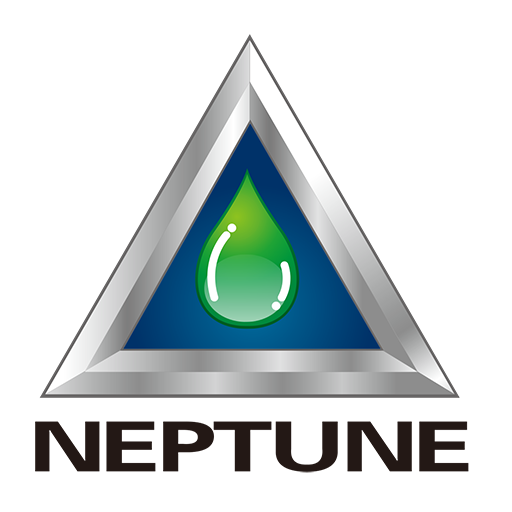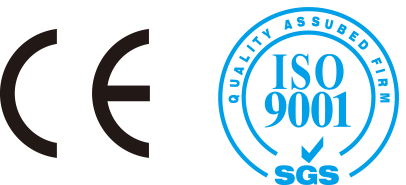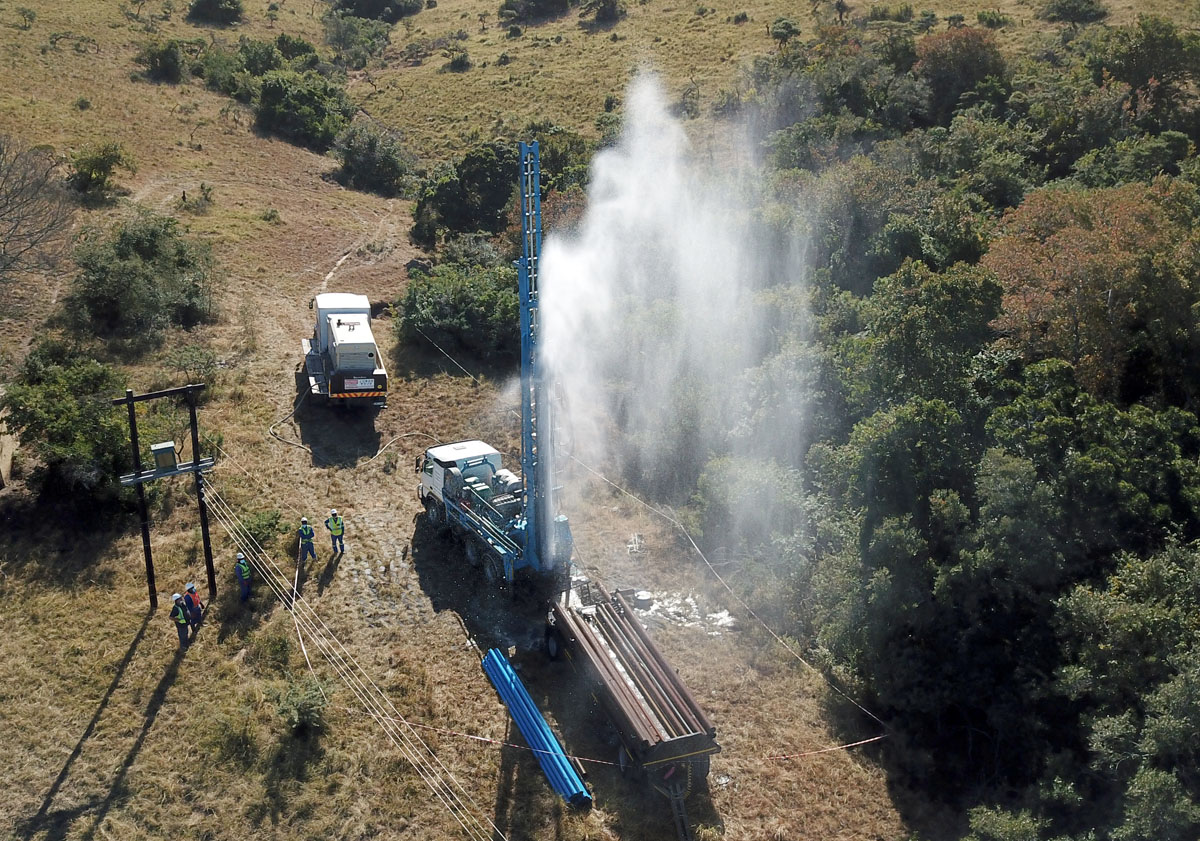Many people in Africa rely on borehole water. One reason is that surface water sources, such as rivers and lakes, are often scarce or polluted in many parts of Africa. In addition, many communities in Africa do not have access to piped water systems, so they have to rely on alternative sources of water. Boreholes are a way to access underground water sources, which can be a more reliable source of water in areas where surface water is scarce or unreliable. Boreholes can also be less expensive to install and maintain than other water supply systems, making them a more practical option for many communities in Africa.
the benefits of having a borehole water supply for Bottled water business
- Cost savings: Depending on the location and availability of municipal water, a borehole can be a more cost-effective source of water for a bottle water business. This is especially true if the business uses a large amount of water on a regular basis.
- Reliability: A borehole water supply can be more reliable than a municipal water supply, which can be subject to interruptions due to maintenance, repairs, or natural disasters.
- Quality: Water from a borehole is often of a higher quality than municipal water, as it is less likely to be contaminated by pollutants. This can be especially important for businesses that rely on water for production bottled water.
- Independence: Having a borehole can provide a business with a degree of independence from the municipal water supply, which can be particularly valuable in times of drought or other water shortages.
There are several factors that can influence the flow rate of a borehole, including:
The characteristics of the groundwater aquifer: The flow rate of a borehole is determined by the porosity and permeability of the underlying aquifer. Aquifers with high porosity and permeability will generally have a higher flow rate, while those with low porosity and permeability will have a lower flow rate.
The size and depth of the borehole: A larger borehole or one that is drilled deeper will generally have a higher flow rate than a smaller or shallower borehole.
The pumping equipment: The type and capacity of the pumping equipment used to extract water from the borehole can also affect the flow rate.
The location of the borehole: The location of the borehole can also affect the flow rate. For example, a borehole located in an area with a high water table may have a higher flow rate than one in an area with a low water table.
How much water can a borehole produce for bottled water business?
A single borehole can provide up to 20,000 liters (20 cubic meters) of water per day for a business. It mean about 833Liter per hour. Some big borehole flow can reach 3500liter per hour. More big flow will cost you more and sometimes depend on lucky or costly.
The borehole water flow decide the bottle water plant capacity of production
Because of borehole flow is limit. So that if you bought big capacity of production water bottling machine is waste money. The suitable water bottling machine will help you save cost and fast feedback. To reduce your risk and win confidence. Then fast expend more borehole with new water bottling line.
Neptune machinery is the top manufacturer of borehole water purification and bottling machine
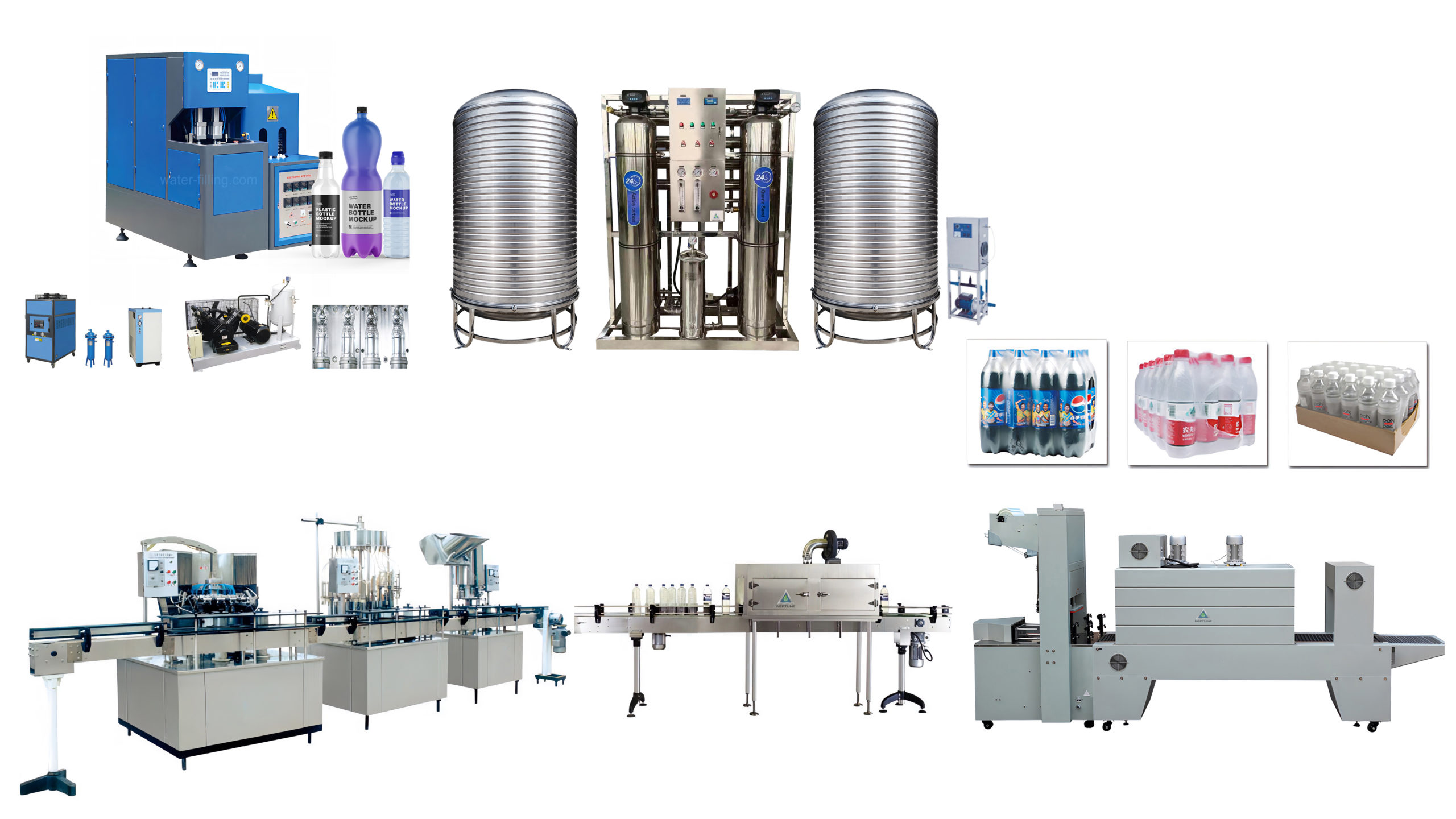
fOB price $32000
NEP-1000 borehole water purification and bottling plant.
- 1. Bottle blowing machine
- 2. Bottle water washing filling capping machine
- 3. RO water purification
- 4. Date printer
- 5. Bottle labeling machine
- 6. Bottle packing machine
NEP-1000BPH borehole water RO purifier and water bottling plant is the choice for most beginners for bottled water business. Every machine is smart design with unique funcation. It is basic at least complete line for water bottling production.
Model NEP-1000, It is the world most easy and popular bottled pure water production line. Widely use to bottler 200ml to 2000ml small bottle water. Complete bottling line included bottle making machine, water treatment machine, washing filling capping machine, labeling machine and bottle package machine.
RO water purification is the best filter for borehole water to produce Purified bottled water
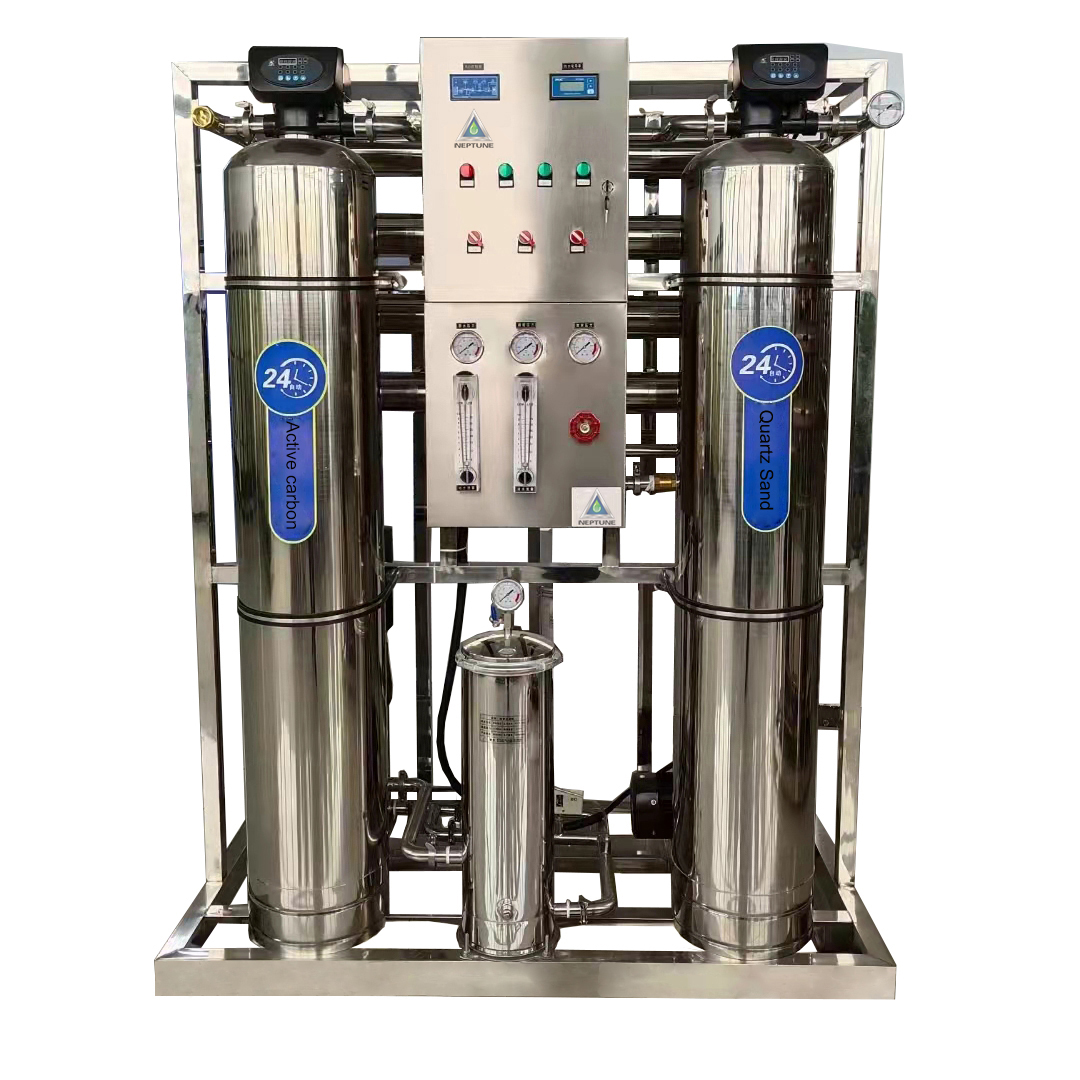
Reverse osmosis (RO) water purification can be an effective method for filtering borehole water, depending on the specific characteristics of the water and the contaminants present. RO works by using a membrane to filter out impurities from the water as it is forced through under high pressure. It is effective at removing a wide range of contaminants, including bacteria, viruses, dissolved solids, and some organic compounds.
